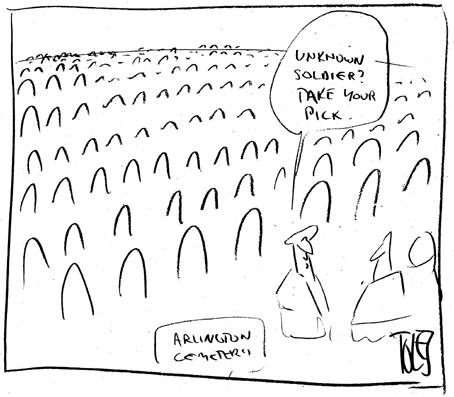from LobeLog: News and Views Relevant to U.S.-Iran relations for September 30th, 2010:
The Washington Post: Thomas Erdbrink reports that sanctions imposed against Iran by the United Arab Emirates (UAE) have resulted in the Iranian rial dropping in value against the U.S. dollar (by 15 percent) and the Euro since Sunday. With hard currency scarce and exchange rates on the rise, the government will receive more rials for its petrodollars to boost its income. This in turn may lead to inflation. The UAE is one of the largest finance and trading hubs in the Middle East and has been under pressure from the U.S. to impose sanctions on Iran.
The Wall Street Journal: The Foundation for the Defense of Democracies’ Mark Dubowitz and Benjamin Weinthal repeat their warnings that European firms, specifically in Germany and Switzerland, continue to do business with Iran. They say that a Swiss firm continues to provide equipment to an Iranian engineering firm and that Swiss and German companies continue to sign energy deals with the Islamic Republic. “Neither [the Swiss firm that signed a gas contract with Iran] nor any other company has been sanctioned by the U.S. Senior Obama Administration officials have told us that they are ‘very, very close’ to a decision on which firms will face penalties under U.S. law,†say Dubowitz and Weinthal. They conclude with a warning that, “The German Chancellor Angela Merkel should be held to the promises she made, including to the U.S Congress and Israeli Knesset, to stop Iran’s nuclear drive. The same goes for the rest of Europe.â€
The New York Times: John Markoff and David Sanger write there may be a Biblical reference built into the code of the Stuxnet virus, which appears to have been designed to infect computers related to Iran’s nuclear program. The reference is to “the Book of Esther, the Old Testament tale in which the Jews pre-empt a Persian plot to destroy them.†Neither the Israelis nor the U.S., which both have robust cyber-warfare programs, have claimed involvement. No matter the origins, the virus serves Western interests by “ramp[ing] up psychological pressure,†observes one unnamed former U.S. intelligence official. The reporters cite a slew of troubles Iran has encountered with its nuclear program: “[S]omething — perhaps the worm or some other form of sabotage, bad parts or a dearth of skilled technicians — is indeed slowing Iran’s advance.â€
Foreign Policy: Barbara Slavin interviews former Congressman and elder statesman Lee Hamilton, who is stepping down from his role as director of the Woodrow Wilson International Center for Scholars. Hamilton will continue to advise President Obama on foreign policy and intelligence matters. He noted the President ignored his pleas to pursue the Turkish-Brazilian-brokered fuel swap agreement, which Hamilton said “wasn’t too different from what we had suggested†to Iran the previous fall. He added the U.S. “should have tried to build on the positive aspects of it†and thought the deal would come back up in future negotiations. Though currently favoring engagement and opposed to military strikes, Hamilton told Slavin: “A year from now I don’t know how I’ll feel.â€




